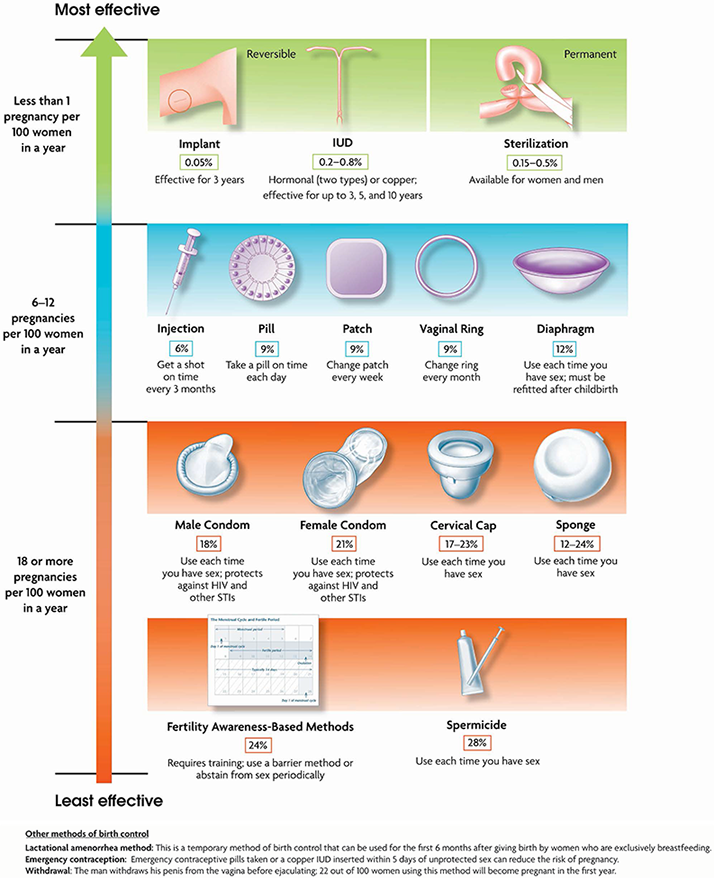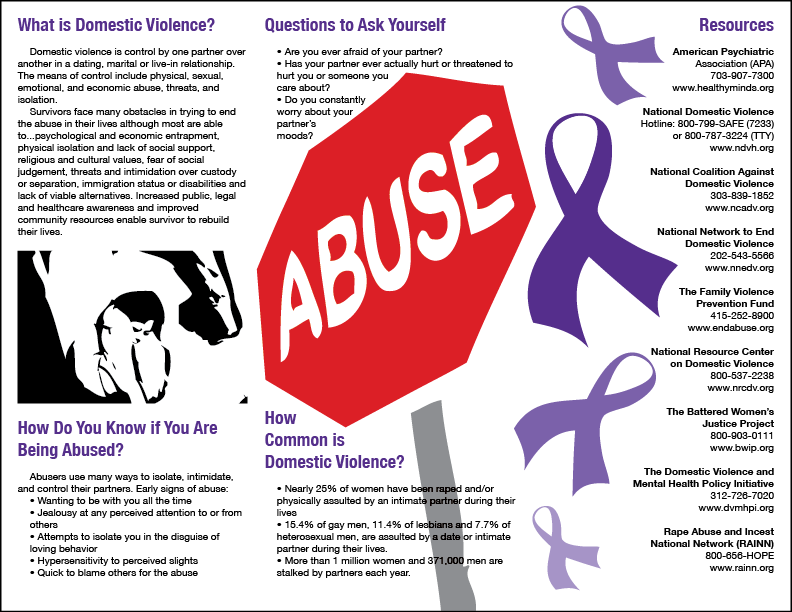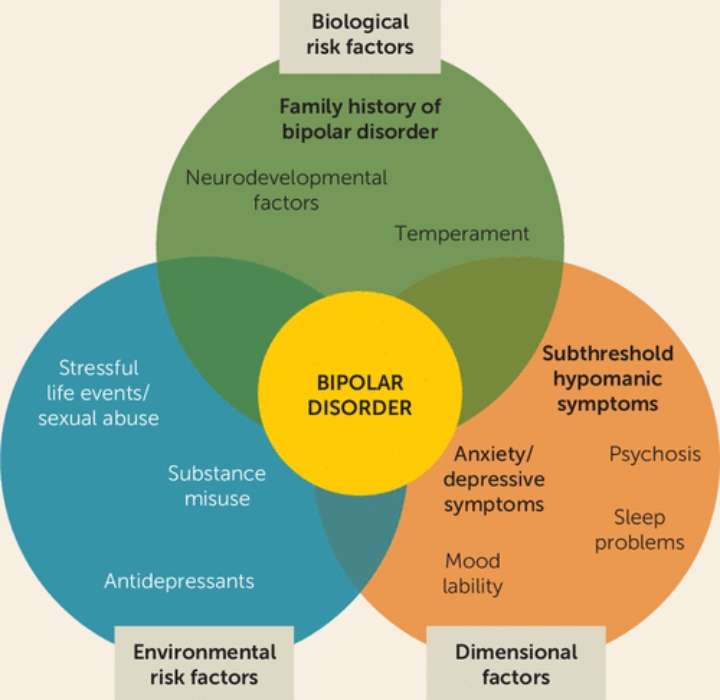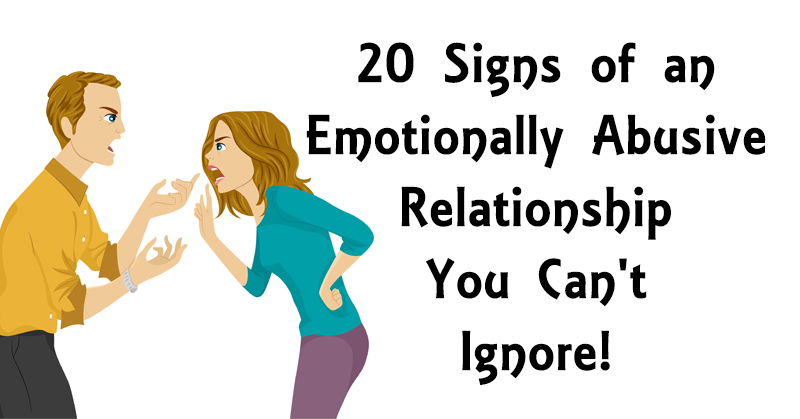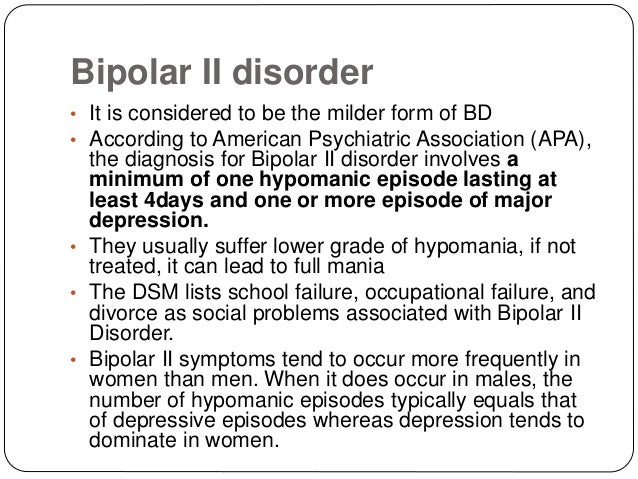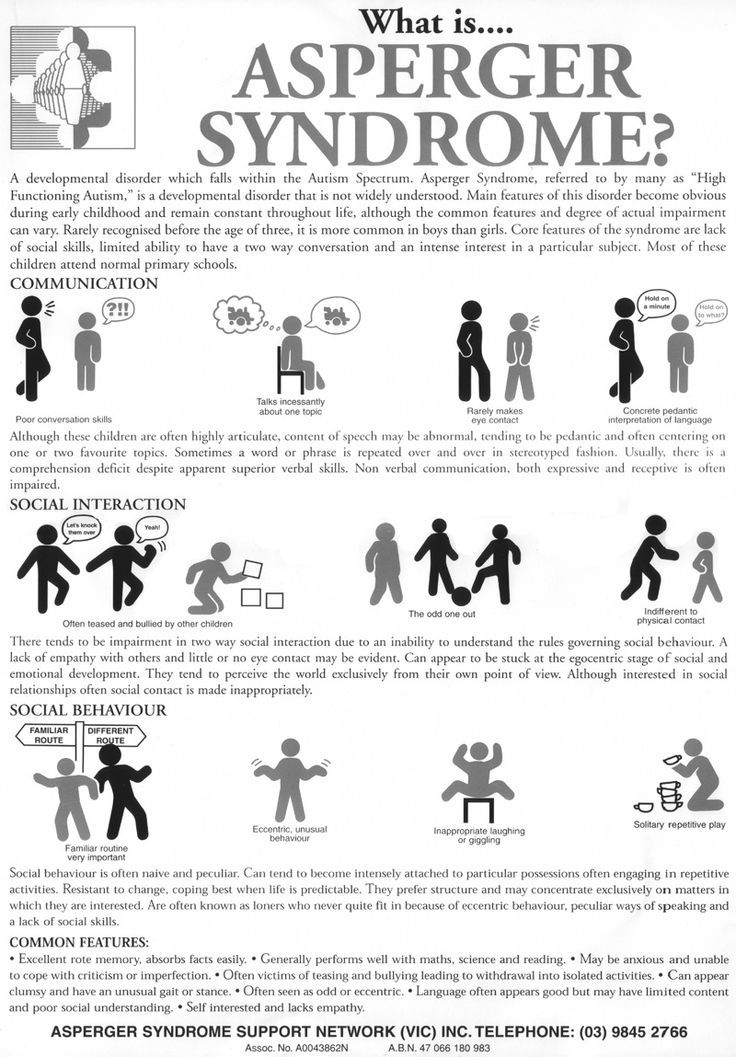Daughter with bpd
How Can I Help my Daughter with Borderline Personality Disorder?
Skip to contentPrevious Next
- View Larger Image
How Can I help my Daughter with Borderline Personality Disorder?
“My daughter has been diagnosed with Borderline Personality Disorder, what now?”
Many families come to Sunrise with fear and hopelessness after hearing that their daughter has been diagnosed with BPD. Often, one of the first questions parents ask is, “How can I help my daughter with borderline personality disorder?” If you are in this situation here are some things you can do.
1. Learn as much as you can about BPD and DBT
Learning about the patterns that characterize borderline personality disorder can help you gain insight into why your daughter acts the way she does. This knowledge can help you have empathy for your daughter. It may also empower you to know how to avoid some patterns. This education helps you align with your daughter. You want her to know that you’re on the same team – that it’s you and her versus the BPD, not you versus her.
Dialectical Behavior Therapy is widely accepted as the primary modality for treating BPD. Learning the DBT skills will not only help your daughter manage her borderline personality disorder, it will also stabilize your whole family system. DBT provides a common language for your family, so you can identify and discuss the emotional rollercoaster.
2. Take Care of Yourself
You may find yourself investing all your thoughts, energy and emotions in the relationship with your borderline daughter. This can be a recipe for frustration, resentment and burnout. To prevent this it is important you take care of yourself. Not only are you keeping yourself healthy, you are also modeling for your daughter how to work to keep herself healthy. Here are some ways you can do that.
a) Don’t Take it Personally.As a parent, it can be natural to ask, “Why does my daughter have BPD? What caused it and could I have done anything to prevent it?” Borderline personality disorder is incredibly complex and isn’t the result of any one event. Remember that you did the best you could with what you had. Shari Manning, Ph.D and author of Loving Someone With Borderline Personality Disorder put it this way:
Remember that you did the best you could with what you had. Shari Manning, Ph.D and author of Loving Someone With Borderline Personality Disorder put it this way:
“People with BPD are born with an innate, biological sensitivity to emotions, e.g. they have quick to fire, strong, reactive emotions. Children who are emotionally sensitive take special parenting. Sometimes, the parents of the person who develops BPD just aren’t as emotional and cannot teach their child how to regulate intense emotions.”
b) Maintain healthy friendships.One of the hallmarks of borderline personality disorder is “unstable and intense personal relationships, marked by alternating idealization and devaluation.” In order for you to not burn out and be there to support your daughter, you must invest in healthy relationships that recharge you.
c) Join a support group.It can be hard for friends and extended family to understand what your family is going through.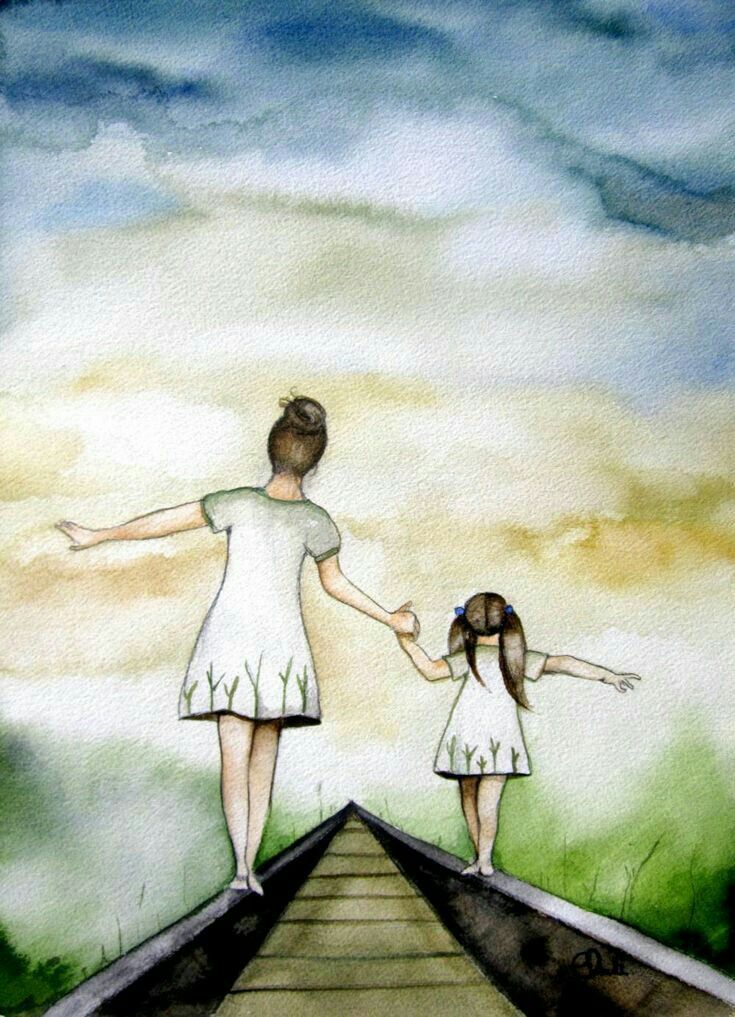 Know that you are not alone in this process. Others have experienced the same relational turmoil and can help support you through the process.
Know that you are not alone in this process. Others have experienced the same relational turmoil and can help support you through the process.
Another struggle that your daughter with BPD will face is a lack of emotional regulation. She has an unstable sense of self, marked by intense mood swings, chronic feelings of emptiness, and sometimes bouts of intense anger. If you are emotionally dependent or codependent with your borderline daughter, you will burn out emotionally.
Practice identifying and labeling your emotions, self-soothing and using the DBT skills ACCEPTS and IMPROVE to improve your distress tolerance. Use Relaxation techniques, mindfulness, meditation, yoga and deep breathing to manage stress. Over time you will be able to show love for your daughter, without basing your personal emotions on her mood.
e) Maintain your physical health.One of the best ways to help your daughter with borderline personality disorder is to teach her how to maintain her physical health. It is equally as important for you to maintain your physical health as well. Dialectical Behavior Therapy teaches a good system to do this using the acronym PLEASE-
It is equally as important for you to maintain your physical health as well. Dialectical Behavior Therapy teaches a good system to do this using the acronym PLEASE-
PhysicaL Illness- If you get sick or injured, promptly go to the doctor
Eating- Eat a healthy and balanced diet.
Avoid mood-altering drugs- Don’t take any non-prescription or illegal drugs.
Sleep- Try to get between 7 and 9 hours of sleep every night.
Exercise- Exercise releases endorphins that will help in stressful moments.
3. Look Past the Borderline Personality Disorder Label
Labels can help you understand your daughter’s borderline behaviors, but too often the label comes with a huge amount of stigma.
Does your daughter need help coping with borderline personality disorder? Call us to learn how our fully-integrated DBT treatment center can help your family. 866-754-4807.
Use the BPD label to provide understanding and develop compassion and empathy./images/2022/06/07/father_and_daughter_hugging.jpg) Then move beyond the label and embrace the fact that your daughter is a unique human being that deserves to be treated like a person, not a label. Identify and love your daughter’s personality and separate it from those traits associated with borderline personality disorder.
Then move beyond the label and embrace the fact that your daughter is a unique human being that deserves to be treated like a person, not a label. Identify and love your daughter’s personality and separate it from those traits associated with borderline personality disorder.
4. Focus on Validation & Communication
Dealing with Borderline Personality Disorder requires a huge effort to communicate with and validate your daughter. One of the main struggles your daughter faces with BPD is an intense feeling of worthlessness or emptiness. Here are some steps you can take to validate your daughter’s emotions:
a) Focus on emotions, not words.There are three levels of communication:
1. Primary Communication– Words or behaviors.
2. Secondary Communication– The underlying feelings behind the words.
3. Core Issue– The persistent negative self-view that drives your daughter’s feelings.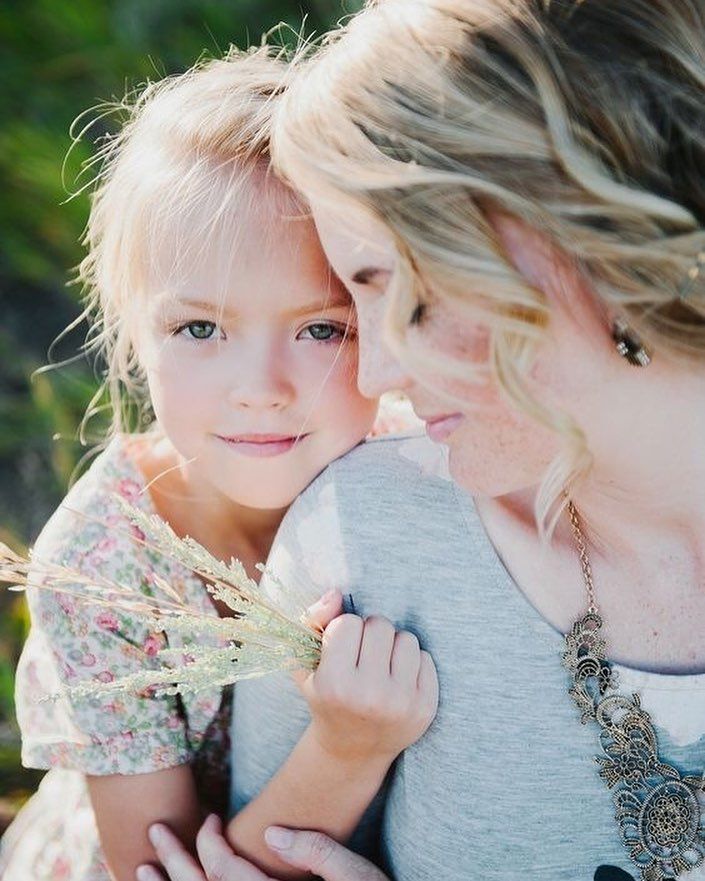
Focusing on the core issue can be frustrating because change is so difficult and takes a long time. Focusing on words and behaviors can make your daughter feel like she isn’t being heard. But when you focus on the emotions behind the words, you will start to see your communication resonate with your daughter. For example, when your daughter is struggling, you might say, “it sounds like you are feeling hurt right now. Is that correct?”
b) Validate in a way she feels heard.When your daughter shares her feelings of worthlessness, you might be tempted to say something like, “No you’re not a bad person.” But don’t try to talk her out of feeling the way she does, that actually invalidates her feelings. Instead, say, “It sounds like you feel bad about how you acted and that makes you think you are a bad person.” Then re-orient their attention to building mastery, problem-solving the emotion, or simply recognizing the emotion and choosing to do the opposite of her urges.
5. Learn to show love while holding boundaries
You may think you have to choose between loving your daughter and holding boundaries with her. But it isn’t an either/or decision. Instead, try loving her by holding boundaries. Together with your daughter:
a) Have everyone agree on what the boundaries will be.Be consistent and unified. Try using a contract or written agreement that outlines what the boundaries are and what the consequences will be if broken. Then your daughter, both parents and anyone else involved should agree and sign it.
b) Identify the values behind the boundaries.Doing this will help you connect how the boundary will help your daughter. This helps provide a simple way for you to demonstrate that by holding the boundary, you are supporting and loving your daughter.
c) Change slowly.Adopt a process of change and evaluation. Implement one boundary, then after a week or so sit down with your daughter and talk about how it has been going and what the next step should be. If you both feel the time is right, implement another boundary.
If you both feel the time is right, implement another boundary.
Consequences are life’s natural teachers. Because consequences can be painful, your natural inclination is to protect your daughter from as many consequences as possible.
Many parents often use empty threats instead. When your daughter was little, that may have looked something like, “If you don’t eat your dinner, you won’t get dessert” even though you knew you would always give it to her. As a teenager, it is even more important that there are clear, logical consequences tied to every boundary. Include both positive and negative consequences. Then let your daughter choose what consequences she wants and honor her decision by not protecting her from those consequences.
f) Have a zero tolerance policy for abusive behavior.When you establish boundaries, make it clear that you will not tolerate abusive behavior. Then discuss acceptable reactions with your daughter that will protect both of you. For example, you can let your daughter know that if she starts to yell and abuse you emotionally, you will walk away. Tell her beforehand that this does not mean you don’t love her. It only means that abuse is unacceptable and you will re-engage with her when she has calmed down. Then let her know she is welcome to do the same if she feels emotionally unsafe.
Then discuss acceptable reactions with your daughter that will protect both of you. For example, you can let your daughter know that if she starts to yell and abuse you emotionally, you will walk away. Tell her beforehand that this does not mean you don’t love her. It only means that abuse is unacceptable and you will re-engage with her when she has calmed down. Then let her know she is welcome to do the same if she feels emotionally unsafe.
6. Get professional help
20 years ago people thought that borderline personality disorder was incurable. Thankfully today we’ve discovered that DBT can help most cases of BPD. That being said, having a daughter with borderline personality disorder can be incredibly hard on the whole family. You should not feel that you have to solve this struggle by yourself. Please seek the help of a DBT trained therapist or treatment center.
Healing from BPD is possible, but you will still have hard days. A borderline personality disorder diagnosis is the beginning of the healing process, and treatment is slow. Celebrate baby steps rather than expecting giant leaps of progress.
A borderline personality disorder diagnosis is the beginning of the healing process, and treatment is slow. Celebrate baby steps rather than expecting giant leaps of progress.
Here at Sunrise, through DBT and other therapeutic modalities, we are able to teach our students skills that assist them in living with and managing this disorder. In conjunction with our Family Systems approach to treatment, these are things parents and family members can do to support your daughter in treating her BPD.
By Nicole Andra, Admissions Director at Sunrise Residential Treatment Center
Go to Top
The Borderline Daughter | Psychology Today
Source: Photo: iStock
Do you have a daughter who you dread parenting?
Does your daughter consistently make you feel like a bad parent—or a failure as a parent?
Has parenting segued from difficult into truly problematic?
While there are many paths to this experience, it may be possible that you are the parent of an Individual afflicted with borderline personality disorder (IBPD).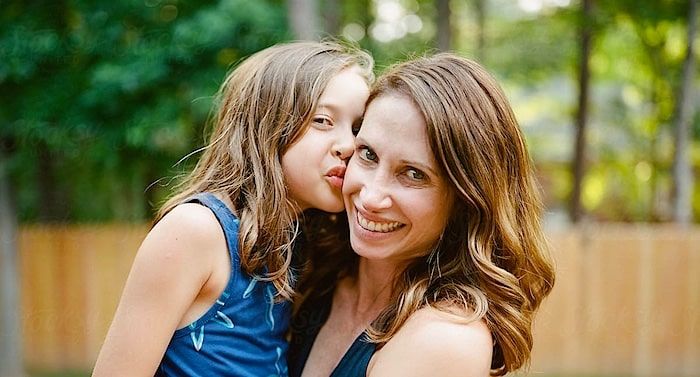
(Don’t worry. We are not going to fall into the stereotype that links Borderlines and women. In this series on dealing with borderline personalities, we hope to cover the Borderline Son, the Borderline Brother, the Borderline Sister and even, perhaps, the Borderline Boss.)
The Borderline Daughter
Symptoms of borderline personality disorder (BPD) become most prominent during the phase of adolescence where young adults are supposed to seek independence and autonomy through the successive decrease in parental support. Some children resist this process. They covet their earliest experiences of total access and total dependency on a parental figure and they spend their lives seeking a re-creation of this.
Here is how the dysfunction gets set up.
- An attempt to encourage independence is seen as a withdrawal of support.
- Any perception of withdrawal of support or services triggers the child to attack the parent.
IBPD: “I am going to the mall with my friends. Can I have some money?”
Can I have some money?”
Dad: “Why don’t you use your allowance? That is what it is for.”
IBPD: “I spent all my allowance yesterday.”
Dad: “You will have to wait until next week to get next week’s allowance.”
IBPD: “You are going to ruin my social life if you don’t give me money. What kind of lousy parent are you?”
Efforts to help the child cope with independence and responsibility are generally summarily rejected and met with an abusive response.
Dad: “Why don’t you go with your friends and shop for what you want and then go back next week and buy it when you get your allowance?”
IBPD: “Oh yeah, why don’t I just kill myself. I might as well if you are going to ruin my life this way. Then you will get what you want. You never should have had children.”
Behavioral reactions may occur once they are enraged. This may include damage to their belongings or yours. They may trash their room or even mutilate their body in the form of cutting or burning themselves, for which you will be blamed because you did not relent to their demands. Or they may destroy some belonging of the parent or family, such as keying a car or breaking a favorite mug. They may also stalk the parent.
Or they may destroy some belonging of the parent or family, such as keying a car or breaking a favorite mug. They may also stalk the parent.
IBPD: “Oh look at you sitting there comfortable in your house with your car and your pool but you don’t care enough about your daughter to fork over a few lousy dollars.”
Dad: “I am done talking about this.”
IBPD: “You are done. That’s all you do—walk out on your responsibilities as a parent. I hate you. They shouldn’t let people like you be parents.”
Borderline Patterns
As painful as these interactions are, they follow a pattern. Understanding these patterns is essential for minimizing the damage by anticipating reactions.
Ultimately, these patterns are deeply dysfunctional forms of resistance to independence.
What follows are common features of a Borderline daughter, but they may well be attributable to a Borderline Spouse, Son, Brother, Sister, Parent, Relative or Boss. They are all brutal in nature, both to the person suffering from IBPD, and for those who are in their midst.
They are all brutal in nature, both to the person suffering from IBPD, and for those who are in their midst.
(Note that parents often have a role in the genesis of Borderline Dysfunction.)
These credos are destructive at their core.
The Brutal Borderline Credo
“Never do for yourself what you can get others to do for you.”
Getting others to do for them what they are capable of doing for themselves is not due to laziness. Rather, it is meant to reassure the constant access to the service of the parental figure that they crave.
IBPD: “Dad can you get me a glass of water?”
Mom: “You are right near the tap—why don’t you get it yourself?”
IBPD: “I like the way you do it.”
Mom: “Pour water? You get it yourself.”
IBPD: “I am nothing to you. You can’t even get me a glass of water. What a loser of a mom.”
or...
IBPD: “Mom can you make sure I am up at 7 tomorrow?’
Mom: “Why don’t you set your alarm?”
IBPD: “I don’t know how. ”
”
Mom: “I will show you how.”
IBPD: “Why can’t you just wake me?”
Mom: “Because last time I tried to wake you, you were nasty to me.”
IBPD: “Well I didn’t have my coffee yet.”
In the above example, the IBPD is attempting to shift the responsibility of waking up on time to the mother. Not only is the IBPD shifting the responsibility to the mother, but she also claims the right to be abusive if she is irritable.
The Brutal Borderline Contract
“If you do it for me once you must do it for me always.”
IBPD: “Mom, time to go to cheerleading practice.”
Mom: “You have your license now why don’t you take the car and drive yourself?”
IBPD: “You drove me yesterday.”
Mom: “I had an appointment nearby. Go ahead and take the car.”
IBPD: “What are you doing?”
Mom: “I have some things to do.”
IBPD: “What is more important than taking me to practice?”
Mom: “It’s not more important. ”
”
IBPD: “Then why won’t you take me?”
Mom: “I need to get these things done.”
IBPD: “Always about you. I wish I was never born.”
The Brutal Borderline Baseline
An atmosphere of dissatisfaction is maintained most of the time. This baseline is maintained in order to keep parents feeling that they are not very good parents so they feel they owe their child more service/attention.
Mom: “Are you hungry? I just made some fresh soup.”
IBPD: “What kind?”
Mom: “Chicken.”
IBPD: “You know I like split pea best.”
Mom: “Yes, but we just had split pea last week.”
IBPD: “So last week I was worth the trouble but this week I am not?”
Maintaining the brutal baseline requires consistent reassurances that the IBPD is the center of attention and has constant access. This may take the form of provocative behaviors. This can include abrupt changes in appearance such as tattoos, head shaving, piercing or dressing in an overly revealing manner. It can also involve attacking another family member, or even a pet.
Dad: “What is that on the cat’s face?”
IBPD: “I put lipstick on. Cute right?”
Dad: “The cat doesn’t look happy.”
IBPD: “At least she knows that I am paying attention to her.”
or...
Dad: “You’re not going to church dressed like that, are you?”
IBPD: “Dressed like what?”
Dad: “Like someone who is showing too much skin.”
IBPD: “Why you think I’m ugly?”
Dad: “No. I just don’t think it is appropriate.”
IBPD: “Well that is your judgment.”
Dad: “Please go put on some more clothes.”
IBPD: “You are ashamed of me. You think I am ugly. You don’t want to be seen with me.”
Paradoxically, while the IBPD daughter desires to be taken care of completely and to be free from responsibility for their actions and inactions, she will also insist on the ability to make her own choices. This aspect blossoms during adolescence like other adolescents.
The IBPD, however, lacks the judgment that comes with taking true personal responsibility, which is what they adamantly avoid.
IBPD: “I need a new dress for Donna’s party. Can I use your credit card?”
Mom: “You just got a new dress.”
IBPD: “I can’t wear that one.”
Mom: “Why not?”
IBPD: “It got ruined.”
Mom: “How?”
IBPD: “What difference does it make?”
Mom: “I just spent $200 on it.”
IBPD: “It was on the floor and it got torn.”
Mom: “How”
IBPD: “How should I know?”
Mom: “How did it get on the floor?”
IBPD: “I don’t know. It just got there.”
Mom: “I think if you want another dress you should buy it with your money.”
IBPD: “Oh so now you are not even paying for my clothes anymore? What’s next? You gonna kick me out?”
Mom: “I just bought you that dress.”
IBPD: “You obviously hate me. You shouldn’t have had children. ”
”
The Value of Good Boundaries
The examples above depict parents trying to parent normally by setting appropriate boundaries.
The IBPD resists these efforts and responds abusively. Many parents abandon setting boundaries at this point, which can, unfortunately, reinforce belligerence. Parents of daughters who may be developing a borderline personality need a more specialized approach to parenting.
They must better understand their own role in this disorder while dealing with a child who requires more than most. This often involves guidance by a professional skilled in working with families of IBPDs.
Moreover, borderline traits often are co-morbid with depression, anxiety, impulsivity, chemical dependency and sometimes, trauma. Making sure that these conditions are well treated—whether its a medicine or a proven therapy—can help a lot.
In the end, effective parenting of a child developing BPD involves careful selection of boundaries that are realistically enforceable. Most importantly, parents must not continue the pattern of trying to set boundaries and then giving in. The most important boundary is zero tolerance for abuse.
Most importantly, parents must not continue the pattern of trying to set boundaries and then giving in. The most important boundary is zero tolerance for abuse.
Getting Help
The bottom line—don't despair. Try to understand what you are dealing with by getting a thorough assessment. Own your piece in what's going wrong (including your own dysfunctional behavior when present), and treat your daughter's co-morbid conditions. Nowadays, the IBPD has many new treatment options, such as DBT and other modalities. There is hope.
But, it all starts with looking at things realistically.
It's worth the effort.
This piece is by guest blogger Dan S. Lobel, Ph.D., who is in private practice in Katonah, New York. Dr. Lobel can be reached for consultation at 914-232-8434 or by email at [email protected].
Why the daughters of "insane" mothers are lonely
Circumstances that manifest disorder
The birth of a child, and especially the first years of his life, is a serious burden even for a well-balanced woman. And when the psyche is unstable, serious problems can begin.
And when the psyche is unstable, serious problems can begin.
Men are not always ready for the burden of fatherhood. Sleepless nights, diapers and other difficulties are a test that not everyone passes with honor. To this is added the imbalance of the wife with borderline disorder and the difficulties in the relationship. Many fathers choose their comfort and leave the family.
As a rule, such a woman does not go to a psychiatrist and is hardly aware of her peculiarities. She alone brings up her daughter, and the girl remains a hostage of the "mad" mother. (We will use this common expression - not to stigmatize people with borderline disorder, but for the convenience of reading the text.)
The strongest bond
An innate sense of affection determines the strongest emotional bond in the world - mother and child. Evolutionarily, it ensures the survival of the infant. And the less stable the mother's psyche, the stronger this connection - the more dangers, the stronger the attachment.
The paradox of a child's attachment to a "crazy" mother is that the danger comes from the mother herself. This is how codependent behavior is formed. Psychological survival, and sometimes physical survival, depends on the emotional state of the parent. To survive, a girl needs to scan her mother's emotions all the time, not paying attention to her own.
As a rule, impeccable obedience and service by the child to the mother in everyday life, her idealization and the prohibition of aggression towards her are accepted in such a family. The mother transmits to her daughter her experience in which the outside world is hostile and cruel. Someone may envy "crazy" mothers, because there are no more caring daughters, accustomed from childhood to save their mother from unfair and cruel people.
Daughters are focused not on relationships, but on achieving material success, because, as a rule, they live in need. “Crazy” mothers have difficulties with socialization and, accordingly, with employment. In such a situation, money is the only guarantor of stability in a hostile world.
In such a situation, money is the only guarantor of stability in a hostile world.
Distorted perception
Money and a mother who needs to be saved from an unfair world - this is the coordinate system with which an adult daughter enters life. Her perception is turned upside down. White is declared black, black is white, especially in interpersonal relationships.
An adult daughter of an insane mother sees aggression where it is not there or its amount is negligible compared to her aggressive reaction to what is happening. The aggression against the mother, repressed into the unconscious, has not gone away, it breaks through in close relationships, falling on partners.
Daughters of insane mothers are prone to sex without commitment, promiscuity, because they do not have the experience of healthy emotional intimacy and affection. The safest form of intimacy seems to them to be physical. They see even good partners in enemies, while the enemy attacks from the depths of the psyche of the woman herself.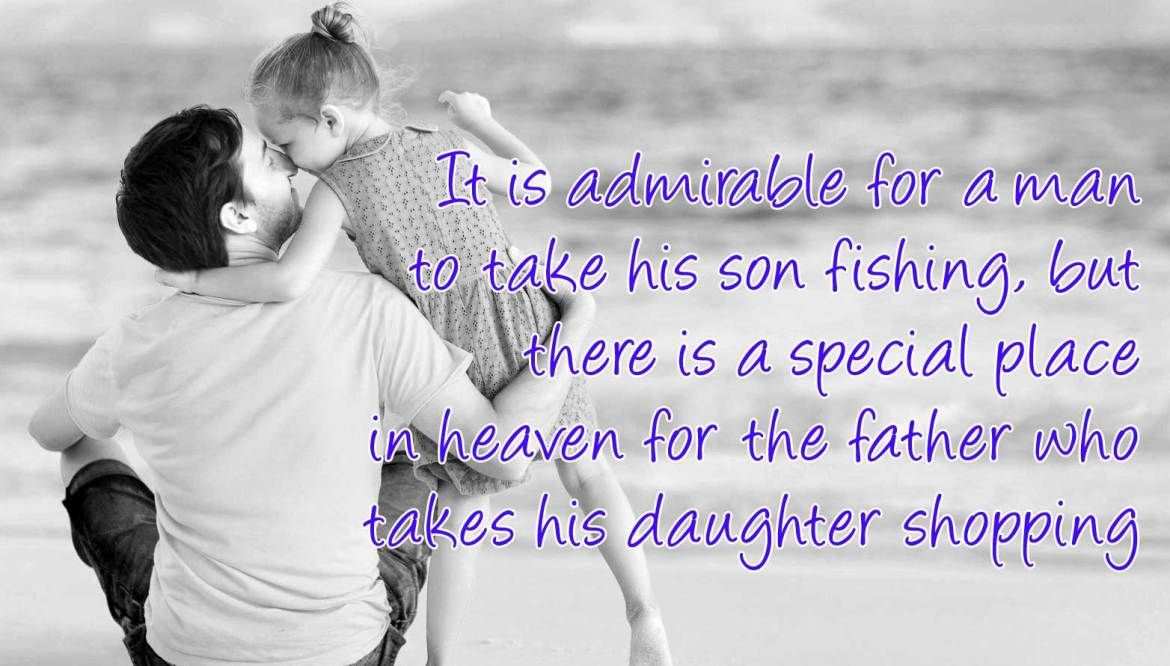
Difficult path to intimacy
It is especially difficult to work with such clients in psychotherapy. The psychotherapist should help a woman see the world as it is, calling a spade a spade. Mom is often not a victim, but an abuser. But for a daughter, admitting this is often tantamount to undermining the foundations of the world order...
The psychotherapist risks getting a very aggressive transference from the client (repressed negative feelings towards the mother are transferred to the therapist). The psychopathic mother became part of the psyche of the young woman who sought help. She is hidden inside her and ready to break out, like the crazy wife of Mr. Rochester in the novel Jane Eyre, who lives locked up in the attic of the house and is ready to escape at the opportunity, deceiving the guards to set fire to the house.
Both the client and the psychotherapist must have the courage to wade through aggression, resentment of the world and pity for the mother, creating an objective picture of the world. Daughters of insane mothers need to strengthen their ego in order to be able to cope with psychotic attacks and control their manifestation in personal space. And then they have a chance to build a healthy close relationship.
Daughters of insane mothers need to strengthen their ego in order to be able to cope with psychotic attacks and control their manifestation in personal space. And then they have a chance to build a healthy close relationship.
Girl, this is the bottom! — Such cases
I am a “border guard” Everything that is written here is personal experience. I hope it will be useful to someone, and maybe it will support someone in the decision to seek help
The psyche is torn to pieces, the hands are painted with scars from a kitchen knife, nervous breakdowns happen once or twice a week, and the panacea for everything that happens is alcohol. This is my May 2007. By that time, my biography does not include group sex and hard drugs. And my life seems to be the most shitty thing you can think of.
At some point it will become clear: I can't cope. Having stepped over anger and shame, I will come to my father and ask him to find a psychotherapist for me. In a couple of weeks, sitting in a large leather chair and looking into the eyes of a psychologist, I will hear the verdict: borderline personality disorder (BPD).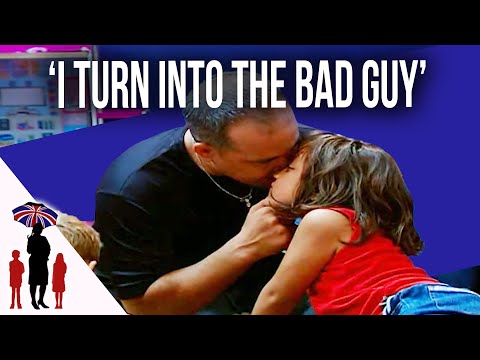
Complete set
Everything before now seems like a story about someone else, and I don't want to reread it. But you can't do without a brief summary.
They say about such teenagers “tear it off and throw it away”. I study easily, but I spit on the educational process so much that I barely get a C-level certificate.
Scandals happen in our house almost every day. My father and I are trying to determine who still decides what my life should be like - him or me. We say a lot of terrible things to each other. For some of them I still cannot forgive myself, for others - him. I know: he loves me, but as soon as he starts screaming, I burst out of fear and cannot stop.
I'm dating a guy I don't like, but we plan to get married when I turn eighteen. We will part two months before this date, and I will close myself in my room for six months.
A year before, I would get angry with my friend and, in order not to harm her, I would cut my hands. They will joke with me: “Anna, if she wanted to cut herself, she had to cut from the other side!” I did not want. I wanted it to hurt. Then it calmed me down.
I wanted it to hurt. Then it calmed me down.
Every evening you can find me where the guys in torn jeans and leather jackets huddle together: Fox, Maurice, Hobbes, Hemp, Count, Gicha, Catastrophe ... There are dozens of nicknames, but there are practically no names behind them. I don't ask about them.
I enter a paid law school, but I run away from there: I can’t stand the legal clerk and home reports on my progress.
Online I meet a man who lives on the other side of the Atlantic. In a year and a half, he will drop everything and rush to my city, about which he knows practically nothing. Nice start, right? In another three months, he will try to strangle me - just like that, without any aggression or malice. He will be interested in what I feel, how I behave.
I listen to heavy music, walk around wastelands at night, become attached to the first person who gives me at least a little attention, and start to hate him as soon as I understand that the dose will not be increased.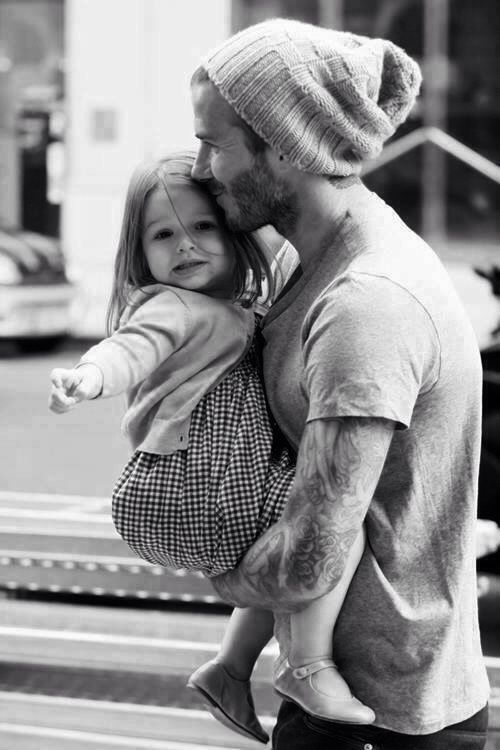
I will see how long and hard it will be for my beloved grandparents to leave the world. The brother will commit suicide. A childhood friend is accidentally pushed into a pond by another friend, forgetting that the first one cannot swim. One friend will be stabbed to death in a stupid railway station fight, another will freeze to death on Christmas Eve, having overdosed on who knows what.
From my fifteen, all this will be flooded with an endless stream of alcohol. Even poisoning, after which I will come to my senses only with the help of an injection of adrenaline, will not stop, but will only aggravate this nightmare.
Twelve years from now, I will be writing this text, amazed and not believing that all this really happened in my life.
Welcome to the bottom
May 2007, almost twenty. I sit at home for weeks, barricading the door, and then hitchhiking to neighboring cities. My strategy at that time was to get drunk and forget. My mood changes every half an hour. I snap at those around me for the smallest reasons. I am ashamed of my behavior, but this only makes it worse. I don’t trust anyone, I get angry at everything and everyone, I no longer understand who I am, and I think about death too often. At some point, through the chaos going on in my head, the only sane thought breaks through: everything, girl, is the bottom. Then there will be narcology at best, a psychiatric hospital at worst.
I snap at those around me for the smallest reasons. I am ashamed of my behavior, but this only makes it worse. I don’t trust anyone, I get angry at everything and everyone, I no longer understand who I am, and I think about death too often. At some point, through the chaos going on in my head, the only sane thought breaks through: everything, girl, is the bottom. Then there will be narcology at best, a psychiatric hospital at worst.
My father had a talent for finding good people. Anna Vladimirovna became the third psychotherapist in my life. The first two attempts, which happened a few years before we met, were unsuccessful: I obviously frightened one psychologist, and I was completely indifferent to the second.
This time it was different. I grabbed therapy like a straw that should keep me at all costs. I didn’t care about diplomas or certificates, in which I didn’t understand anything. But in that office I was met by a woman who knew how to listen attentively, looking into her eyes, calmly ask questions and smoothly, almost imperceptibly direct the conversation so that I myself found first my tasks, and then their solutions. I wanted to trust her.
I wanted to trust her.
After several tests and tests, I was told my diagnosis. I didn't even take it seriously, didn't attach any importance. The preliminary conclusion given to me in my hands frightened me with something else - a complete discrepancy between reality and my ideas about myself. Despite all my problems, I considered myself at least an adult and reasonable. In reality, there was something unformed, lacking the skills to interact with the outside world, unaware of its own boundaries and the boundaries of those around it, entangled and split into some fragments, fragments, fragments.
I read the conclusion and tried to put it out of my head as quickly as possible, focusing on my first important goal - to stop grabbing the bottle as a cure for all problems.
The Miracle That Didn't Happen
For two years in a row, twice a week, I sat in Anna Vladimirovna's office, trying to comprehend what was happening to my life and expecting changes. I talked about our relationship with parents, friends, about the men who appeared in my life, about joyful and frightening moments for me. It seemed to me that with each visit I become better, more conscious, more balanced. But as soon as any trouble happened, I broke down again.
It seemed to me that with each visit I become better, more conscious, more balanced. But as soon as any trouble happened, I broke down again.
Illustration: Vlad Milushkin for Trade House
Over time, such breakdowns became less and less. I became interested in yoga, began to read a lot, tried to analyze everything that was happening to me, and kept diaries. I decided on the profession that I want to get, and entered the philological faculty in order to leave it six years later with a diploma in journalism.
But I preferred to bypass the most pressing questions, focusing on immediate needs and problems. Yes, my behavior changed for the better, I set myself the simplest tasks and achieved them. I began to treat alcohol more calmly, stopped seeing a potential enemy in every person, and seriously took up my studies. But I dreamed of being cured, I dreamed of a miracle that would turn my life around and make me happy. It never happened.
And in June 2009, dad died. The world really turned upside down, and then crumbled into pieces of a puzzle that had to be reassembled.
To prove that everything is not in vain
After the death of his father, regular therapy had to be stopped: there was no money. For the next eight years, I appeared in Anna Vladimirovna’s office once every few months, proving not to her, but to myself that those two years were not in vain: I can manage.
During this time, I managed to work as an HR specialist, a sales assistant, a realtor, and a reporter for a local weekly.
In 2011, at the suggestion of a close friend, I moved to Moscow. For two and a half years I was spinning in an unfamiliar city, working either as a copywriter or as a support operator for one of the mobile applications, while continuing to study. There were practically no breakdowns - the new living conditions forced me to be careful. In 2014, I finally received a diploma and got a job at the editorial office of one of the capital's newspapers.
The next three years passed in a permanent rush, anxiety and tension. Although I loved my job, it did not fit well with what was going on in my head. Vaguely remembering my diagnosis, I did not realize the real scale of the problem. Gradually all the old symptoms began to return. Again it seemed to me that the world turned against me. Ordinary work issues turned into a tragedy on a universal scale, the people around seemed either the closest friends, or enemies, waiting for the right moment to set me up. The mood rushed along the terrible amplitude from the inner ISS to the bottom of the personal Mariana Trench.
I got really scared in 2016 when I started getting drunk once every few months until I lost touch with reality, and then lashed out at people. Friends, acquaintances and colleagues gradually began to move away or even reduced communication with me to "no".
Going to the second round
By the fall of 2017, I had become the most unbearable version of myself of all possible. Apart from work, there is nothing left in my life. I came to the office early in the morning, and the devil knows what time I came back. Approaching our building, everything was already shrinking inside. I tried to get used to the constant screaming, rush, nervousness, lightning-fast task changes, impulsive leadership, but I never managed. Every day I exhausted myself to zero. On weekends, I either lay face down on the pillow or continued to work. I was terribly jealous of my colleagues who managed to adapt to the artificially frantic rhythm of our life, but I myself could not do that. In the end, I stopped sleeping normally - I woke up four or five times a night to feel like a weakling and a wreck in the morning, which hurts everything that can hurt. I felt weak, and it is beyond words how she annoyed me. I got more and more angry, and at some point I broke down.
Apart from work, there is nothing left in my life. I came to the office early in the morning, and the devil knows what time I came back. Approaching our building, everything was already shrinking inside. I tried to get used to the constant screaming, rush, nervousness, lightning-fast task changes, impulsive leadership, but I never managed. Every day I exhausted myself to zero. On weekends, I either lay face down on the pillow or continued to work. I was terribly jealous of my colleagues who managed to adapt to the artificially frantic rhythm of our life, but I myself could not do that. In the end, I stopped sleeping normally - I woke up four or five times a night to feel like a weakling and a wreck in the morning, which hurts everything that can hurt. I felt weak, and it is beyond words how she annoyed me. I got more and more angry, and at some point I broke down.
I yelled at people around me with or without reason. My reactions were unpredictable. Having started the day in a great mood, by lunchtime I was furious, and by the evening I felt like a small offended child. I had neither the strength nor the desire to restrain myself. It was hard to work with me, it was almost impossible to communicate. I have become a person who infuriates everything and who infuriates everyone.
I had neither the strength nor the desire to restrain myself. It was hard to work with me, it was almost impossible to communicate. I have become a person who infuriates everything and who infuriates everyone.
I failed again. Ten years after my first psychotherapy session, I returned. But now I clearly knew: you need to work with the cause, and not with the consequences. I was waiting for my old diagnosis, from which I had turned away for so long - borderline personality disorder.
Anna Vladimirovna stayed in my hometown and conducted a personal reception. I didn’t know Moscow specialists, and besides, I understood: with a new therapist, I would have to start everything from the very beginning. And I wanted to continue working with a person who knows me and whom I trust. Anna Vladimirovna met me halfway and agreed to an online consultation.
After a couple of months, I managed to find a quieter job, so that permanent jobs and stress no longer distract from the main goal - to figure out the crooked settings in my own head.
My brother, Anakin
In his guide to mental disorders for urban residents, Crazy! Daria Varlamova and Anton Zainiev tell how scientists from the University of Toulouse Hospital and the French Center for Applied Psychology Research found a number of symptoms of borderline personality disorder in Anakin Skywalker. Experts came to the conclusion that it was it, and not the dark side of the Force, that turned the hope of the Jedi into Darth Vader. Of course, not everyone agreed with them, but I like this version.
Borderline disorder has nine main symptoms: intolerance to loneliness, tense and contrasting relationships with others, problems with self-identification, impulsive and dangerous behavior, severe mood swings (emotional swings), poorly controlled outbursts of anger and aggression, paranoid or dissociative symptoms in a state of high stress, a constant feeling of inner emptiness and suicidal tendencies. If you find at least five signs from this list in yourself, you should see a specialist. In my case, there was a combo - all nine.
In my case, there was a combo - all nine.
At the same time, "border guards" are divided into two large groups: high-functioning and low-functioning. I am among the first. Such people can take care of themselves: get an education, find a decent job, hobbies, friends, love. But, as practice shows, if you let everything take its course, the symptoms of BPD will poison the life of both the “border guard” and his loved ones.
The situation is further complicated by the fact that there are no drugs for borderline disorder. But the good news is that there are pills for depression, anxiety, and the eating disorders that often accompany BPD. Removing them means making your life much easier. But the “borderline” itself will have to be dealt with in psychotherapy. There is no other option.
Box with slides
Anna Vladimirovna was in no hurry. Therapy for borderline disorder is a long history, averaging five to seven years. But I wanted to deal with it as soon as possible, take a risk and complete this five-year plan in three years.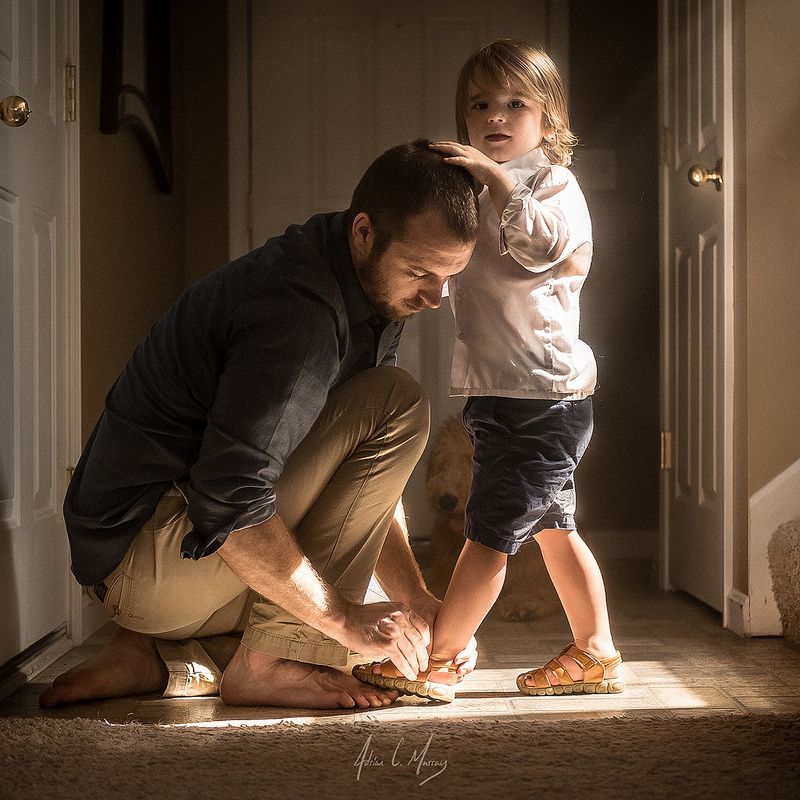
I had to remember and once again live everything that is briefly described at the beginning of this text, and much more. Each memory was like a slide that had been gathering dust in a box behind me for many years, and now caught in the beams of an internal spotlight so that I could see it in detail. If anyone still thinks that this process is a pleasant pastime, I assure you: you are mistaken.
A flurry of memories, associations and images came crashing down on me. The first six months were a real test of strength. I had dreams about events ten or even twenty years ago. Suddenly, I remembered people whom I had not seen for many years and hardly ever met, and began to have exhausting conversations with them in my own head. Each time I came to the consultation with a long list of questions to discuss. It rarely included less than ten items. Fears, doubts, guilt, shame for events that have nothing to do with my current life, false memories and incorrect interpretations of the actions of people dear to me, resentment, complexes, desires, ambitions - we gradually pulled everything out of my box and mercilessly threw away the unnecessary . My head was buzzing and cracking at the seams, but I did not stop. I really got angry at the disorder that had plagued me for so many years. It worked, and consciousness, albeit reluctantly and with a creak, began to change.
My head was buzzing and cracking at the seams, but I did not stop. I really got angry at the disorder that had plagued me for so many years. It worked, and consciousness, albeit reluctantly and with a creak, began to change.
It didn't work out smoothly. At times I was angry with Anna Vladimirovna, disappointed in what we were doing, I was ready to give up everything, despaired, but then I pulled myself together and moved on.
One of the most serious things that I had to realize during the first year of our work is that my “borderline” will stay with me forever. This is not a disease, but a feature of the development of the psyche. All I can do is accept it, study it and learn how to use this tool correctly.
Illustration: Vlad Milushkin for TD
The second conclusion came as a surprise: being a "border guard" revealed a number of advantages that I had not noticed before. Behind the nine monster symptoms was the ability to devote oneself to one's favorite business with one's head, to receive impressions of that brightness and intensity that are familiar only to teenagers, sensitivity to changes in the mood of others, a lot of energy that just needs to be channeled into a constructive channel. And this is not a complete list.
And this is not a complete list.
The third acquisition was awareness. Gradually, I learned to set my own and respect other people's boundaries, recognize emotions and manage outbursts of anger, not demand far-fetched "ideality" from myself and those around me, respect my real self and accept people as they are. I finally began to ask myself what I really want, and not to participate in "hidden contracts", the conditions of which I was not initiated. I also realized that if there is too much aggression inside, then it's time to go to the pool or the gym. The main thing is without fanaticism.
Where there was fear, there will be nothing...*
At the end of Runaway Bride, Julia Roberts' character confesses: "I love eggs benedict and hate them in all other ways!" This phrase comes to mind every time I think about what therapy has led me to.
December 2019. I am thirty two years old. I do what I love most in the world - I create texts and tell stories that, perhaps, change something in the world around me. And I don't want to do anything else.
And I don't want to do anything else.
I am an ordinary city dweller with a daily hustle on the subway, a job I love, a few interesting projects, an annual membership to the fitness center, a love of books, music, walking, coffee in pleasant company and a mortgage: this year I decided it was time to get my own home, where no one will ever tell me: "There is nothing of yours here."
For twelve years I have known about my borderline disorder, but I am no longer afraid of it, just as I am not afraid to talk about it openly, for example, in my telegram channel "Borderpost". This is not a brand. Yes, I am a highly functional "border guard". It is a fact. But this is not the main thing.
It is much more important to understand that I am an accomplished journalist, a beloved daughter and a good friend, according to those who spent many years with me. Among my friends there are people with whom we have known for more than ten and even fifteen years. There are those who came into my life relatively recently, but, apparently, do not plan to leave it.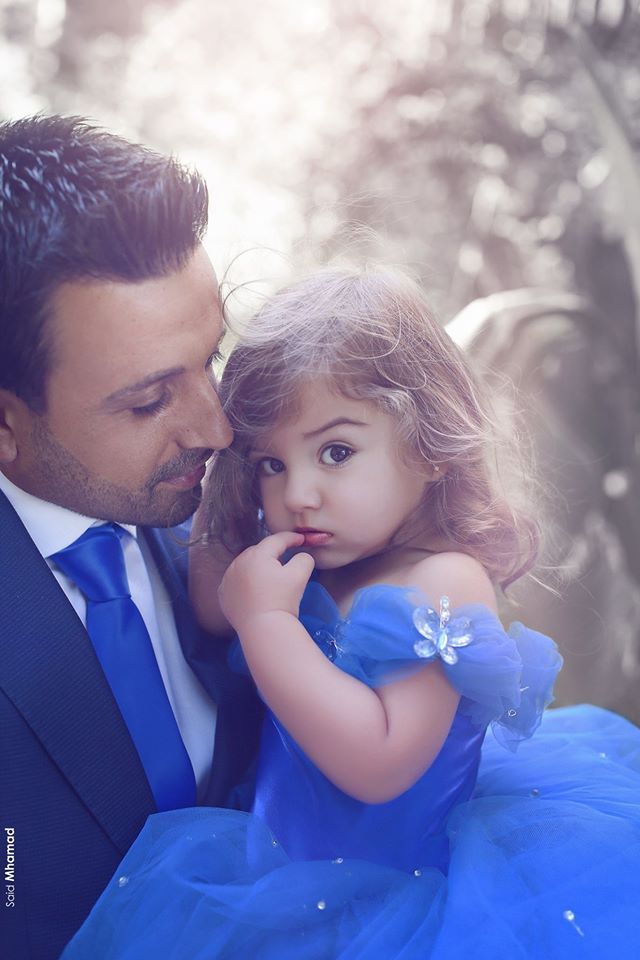 The loneliness that I feared for so long is a phantom, fiction, self-deception. It's time to stop believing in ghosts.
The loneliness that I feared for so long is a phantom, fiction, self-deception. It's time to stop believing in ghosts.
I can't say that I went through my box of slides to the end. I think there are a couple more unpleasant surprises waiting for me at the bottom, but I already know what to do with them. I am no longer afraid of the past, and I am not ashamed of it. It was what it was. I don't have a time machine to change something in it. But I know where I once drove myself, how to get out of there and how to cut off all the ways back. By the way, I no longer have problems with alcohol - I don't want to either forget or run away.
Fear is gone, leaving room for a keen interest in everything that surrounds me. Following him, the emotional swing also left, giving the opportunity to feel the balance and ordinary calmness.
No matter how much time passes, my emotions will not lose their brightness. I will experience every event with full dedication. But now I know that all experiences are temporary.
